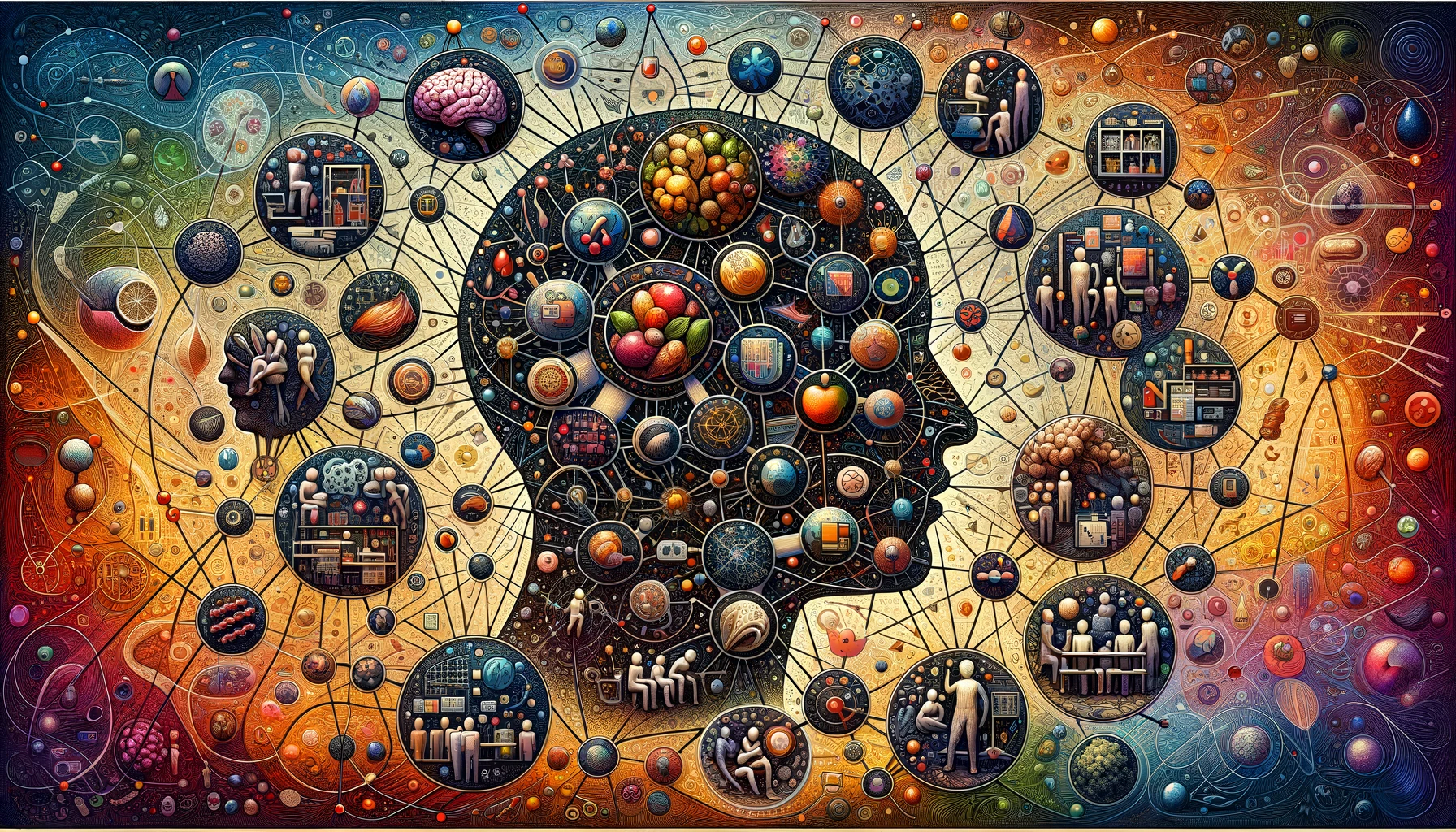Introduction:
Eating disorders are among the most misunderstood and complex conditions affecting millions worldwide. Characterized by severe disturbances in eating behaviors and an obsessive preoccupation with weight and body shape, these disorders can lead to devastating physical and psychological consequences. Understanding the myriad of factors that contribute to eating disorders is crucial for effective prevention, early intervention, and treatment strategies.
What Are Eating Disorders?
Definition and Overview:
Eating disorders, including anorexia nervosa, bulimia nervosa, and binge eating disorder, are serious mental health conditions that manifest through extreme disturbances in eating behaviors and related thoughts and emotions. These disorders can significantly affect one’s physical health, emotional well-being, and quality of life.
Significance and Impact:
The impact of eating disorders extends beyond the individual, affecting families and communities. They are associated with high mortality rates and can lead to severe health complications like heart conditions, digestive problems, and mental health issues like depression and anxiety.
Psychological Influences
Mental Health and Emotions:
Psychological factors play a significant role in the development of eating disorders. Low self-esteem, perfectionism, and a distorted body image are common among those affected. Mental health disorders such as anxiety, depression, and obsessive-compulsive disorder are also commonly linked with eating disorders.
Behavioral Aspects:
Many individuals with eating disorders exhibit behaviors such as extreme dieting, binge eating, and purging. These behaviors are often coping mechanisms for dealing with emotional pain, stress, or trauma.
Biological Factors
Genetics:
Research suggests a genetic predisposition to eating disorders. Relatives of individuals with eating disorders are at a higher risk, indicating that genetics can influence susceptibility.
Brain Chemistry and Body:
Neurobiological factors, including imbalances in brain chemicals that regulate hunger, appetite, and digestion, can contribute to the development of eating disorders. Hormonal imbalances and changes in the brain’s structure are also potential factors.
Environmental Influences
Cultural and Societal Factors:
Societal pressures and cultural norms that glorify thinness and stigmatize obesity can contribute to the development of eating disorders. Media portrayals of beauty and success often emphasize slender figures, leading to body dissatisfaction and unhealthy eating behaviors.
Family and Relationships:
Family dynamics, including communication patterns, family conflicts, and parental attitudes toward weight and diet, can influence one’s risk of developing an eating disorder. Peer pressure and bullying related to body size and eating can also be contributing factors.
Interplay Between Factors
A Complex Web:
The development of eating disorders is rarely attributed to a single cause; rather, it is the interplay of psychological, biological, and environmental factors that contributes to their onset and progression.
Individual Variability:
Each individual’s experience with eating disorders is unique. The combination and intensity of contributing factors vary, making personalized treatment approaches essential.
Prevention and Management
Early Intervention:
Recognizing the early signs of eating disorders and seeking prompt medical and psychological intervention can significantly improve outcomes. Awareness campaigns and education in schools and communities are vital.
Treatment Approaches:
Treatment should be holistic and personalized, often involving a combination of psychotherapy, nutritional counseling, and medical care. Support from family and friends is also crucial in the recovery process.
Conclusion
Recap and Reflection:
Understanding the complex web of causes and risk factors for eating disorders is crucial in developing effective prevention, intervention, and treatment strategies. By increasing awareness and promoting open conversations, we can create a supportive environment for those affected.
If you or someone you know is struggling with an eating disorder, it’s important to seek help. Reach out to a healthcare provider, mental health professional, or support group to start the journey towards recovery.
eMINDy


1 thought on “Eating Disorders: Understanding the Complex Web of Causes and Risk Factors”